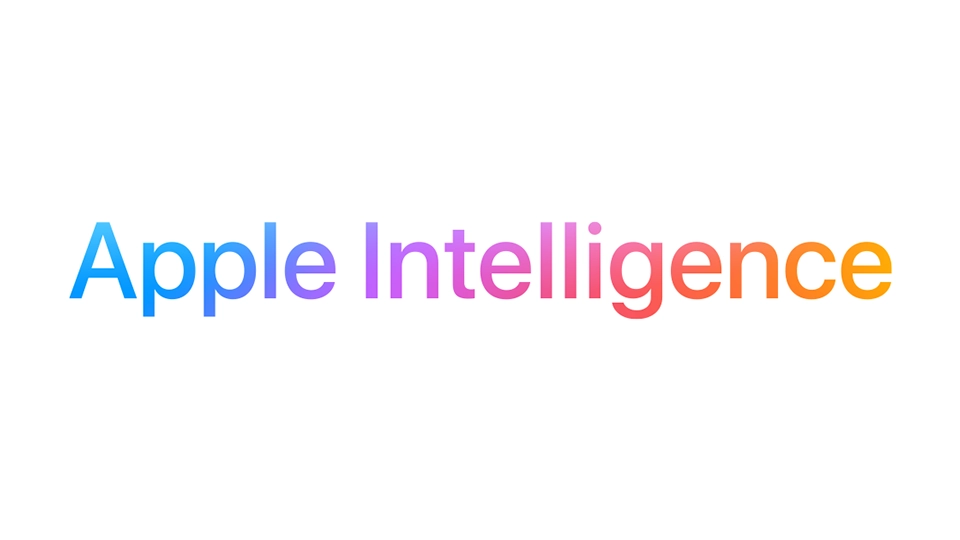
Apple's ambitious AI-driven upgrades for the iPhone have hit a significant roadblock in the European Union (EU) due to the stringent requirements of the Digital Markets Act (DMA). This legislation, designed to ensure fair competition in the tech industry, has presented compliance challenges for Apple, impacting the rollout of some of its most anticipated features in iOS 18. Here's a closer look at the situation and what it means for iPhone users in the EU.
Key Issues Under the Digital Markets Act
Earlier this week, Margrethe Vestager, the EU’s competition chief, highlighted the "very serious" issues Apple faces in complying with the DMA. The legislation, which mandates support for alternative app stores, external browser engines, and third-party payment options, has now impacted Apple's AI plans. As a result, several major features announced at WWDC 2024 will not be available to EU iPhone users later this year.
Apple Intelligence Suite and Its Challenges
The Apple Intelligence suite, a cornerstone of iOS 18, is among the features affected. This suite, which includes advanced AI capabilities aimed at enhancing the iPhone's functionality, will not be available in the EU. Key components of Apple Intelligence include:
-
Enhanced Siri: A smarter version of Siri designed to compete with generative AI tools like Google’s Gemini and Microsoft’s Copilot.
-
UI Mirroring: The ability to mirror an iPhone’s interface on a connected Mac.
-
SharePlay Screen Sharing Updates: Features allowing users to remotely annotate and control another device.
Apple's official statement expressed concerns that DMA's interoperability requirements could compromise user privacy and data security. Despite ongoing discussions with EU regulatory authorities, there is no guarantee that these features will be available to EU users.

Current Status of iOS 18 Features
As of now, none of these features are included in the first iOS 18 Developer Beta. According to Bloomberg, some AI functionalities will be introduced next year, with the complete Apple Intelligence bundle expected later in the summer. Unfortunately, EU enthusiasts will miss out on these advancements.
Impact on Mac Users and Broader Implications
The implications extend beyond iPhones. The interoperability requirements could also affect Mac users in the EU, potentially excluding them from AI features in the upcoming macOS Sequoia. This scenario highlights a broader issue where regulatory compliance creates disparities in feature availability across different regions.
EU's Stance and Apple's Strategy
The European Commission remains firm on its stance. "Gatekeepers are welcome to offer their services in Europe, provided that they comply with our rules aimed at ensuring fair competition," it stated. Apple, however, faces a dilemma as it navigates these regulations while aiming to maintain a competitive edge.
Apple Intelligence is designed to leverage the capabilities of the latest hardware, such as the iPhone 15 Pro models and devices with M-series silicon. This requirement naturally drives hardware upgrades, presenting a lucrative opportunity for Apple. The restriction in the EU could therefore impact potential sales and upgrades.
What is Next?
The road ahead for Apple in Europe is fraught with challenges. The compliance demands of the DMA present a significant hurdle, potentially delaying or even preventing the rollout of critical AI features. As Apple continues to work with EU regulators, iPhone and Mac users in the region will need to stay tuned for updates on the availability of these innovative tools.
